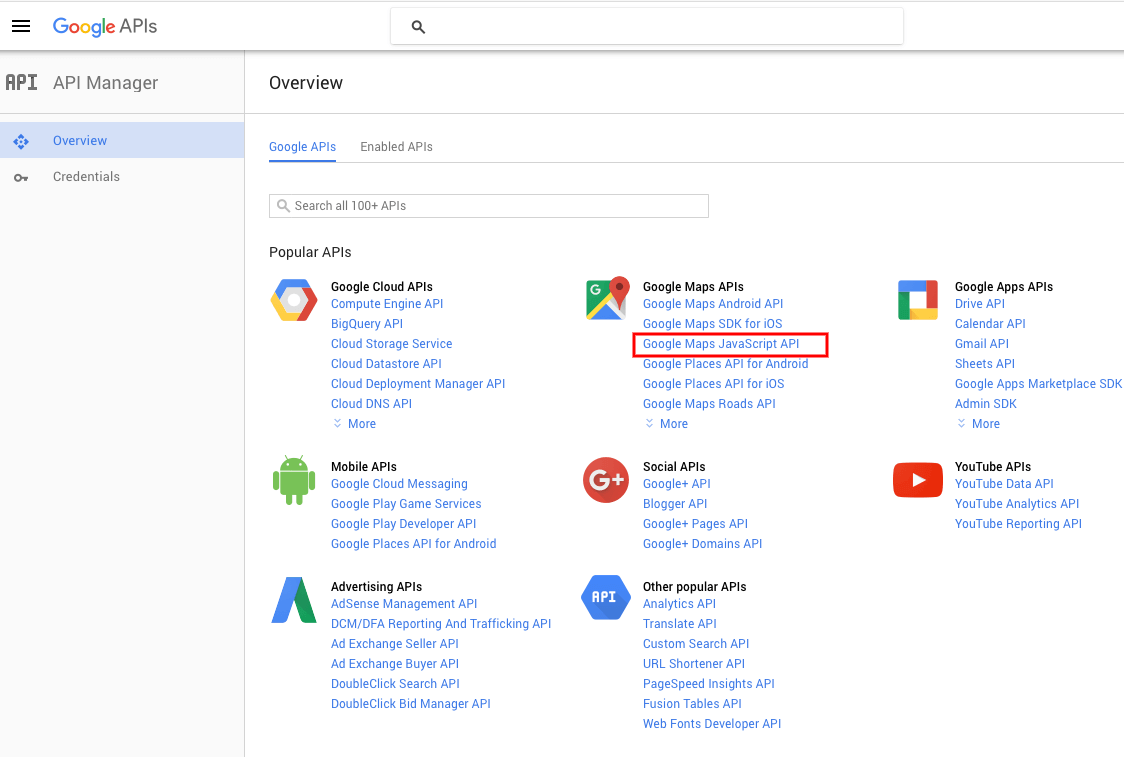

?stats=statsSingleSeasonPlayoffs Speciy which stats to get. ?teamId=4,5,29 Can string team id together to get multiple teams ?expand=team.roster&season=20142015 Adding the season identifier shows the roster for that season ?expand=team.stats Returns the teams stats for the season ?expand= Same as above but for the last game played

?expand= Returns details of the upcoming game for a team ?expand=person.names Same as above, but gives less info. ?expand=team.roster Shows roster of active players for the specified team GET Returns the same information as above justįor a single team instead of the entire league. OpenAPI 3.0 specification file for the NHL API thanks to erunionĪll teams including their id, venue details, division, conference and franchise information. NHL API DocumentationĪll of this has been compiled and tested by hand in Jan of 2018, prior to this most of the information was spread across the internet in various posts and not available in a cohesive Print ("match: " + str(pare_digest(keyed_hash.I will no longer be maintaining the repo at this(github) location but it will remain up for posterity sake, the above link will contain all future work on the documentation.

Print ("keyed_hash_test: " + keyed_hash_of_payload) Keyed_hash_of_payload = hmac.new( key.encode(), mes.encode(), hashlib.sha256).hexdigest().upper() Verify_fields = v7_signature.split(sep=",") which contain the timestamp and the hash respectively # Register a webhook on a dataset pointing out to running script and push an image through to complete.įrom rver import HTTPServer, BaseHTTPRequestHandlerĬlass SimpleHTTPRequestHandler(BaseHTTPRequestHandler):Ĭontent_len = int(self.headers) # Start the server with python3 validate_webhook_hash.py
#Teamsid api google update#
# For basic testing update this script with your obtained key A constant time compare algorithm should be used when comparing the values.

The value provided from the v1 key can be compared to the locally generated hash to ensure the payload originated from V7. The request body is the JSON payload which V7 sends.
#Teamsid api google how to#
The below python script demonstrates how to recreate the hmac with the concatenation on the line: t + "." + request_body. Future updates may introduce additional versioning.Īfter extracting the values for t and v1 create the payload to be hashed by concatenating t +. v1: is currently the only supported schema. To avoid replay attacks it is suggested to only process webhooks that are no older than a certain fixed period. T is the UTC time in seconds that the webhook was sent. The key to verify the hash is available to team owners and admins in the webhook_signing_key field of the GET /api/teams/ API. The header v7-signature provides a hmac with SHA-256 hash based on the webhook payload and time it was sent. There might be several webhooks applicable for an event, in that case each webhook will be fired. See for details on the annotation format.


 0 kommentar(er)
0 kommentar(er)
